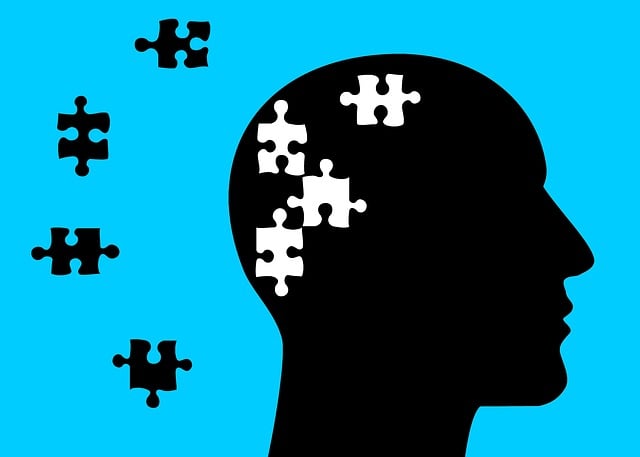Developing a mental wellness app marketing strategy requires deep understanding of diverse user needs, especially in niche areas like eating disorders (including Westminster Eating Disorders Therapy). By segmenting audiences and personalizing content such as crisis interventions or compassion cultivation practices, apps can effectively engage users seeking tailored solutions. Incorporating user-generated success stories builds trust and fosters a sense of community. Tailoring content to specific demographics like students, working professionals, or high-stress individuals increases app relevance, attracting users for early intervention and long-term behavioral change in mental wellness, with a focus on issues like anxiety relief and recovery journeys, particularly within urban centers like Westminster.
In today’s digital age, mental wellness apps offer a promising avenue for reaching at-risk populations, such as those struggling with eating disorders in Westminster. This article explores a comprehensive marketing strategy for mental health apps, focusing on personalized approaches that cater to diverse user needs. We delve into segmenting the market to identify specific demographics, understanding individual preferences through user personas, and creating tailored content.
Additionally, we examine leveraging digital platforms like social media and influencer collaborations for effective app promotion while emphasizing ethical marketing practices to build trust, ensuring transparency, and showcasing credible long-term support.
- Understanding Target Audience: The Importance of Personalization in Mental Health Apps
- – Segmenting the market: Identifying at-risk populations for eating disorders
- – Individual needs and preferences: How user personas can guide app marketing
Understanding Target Audience: The Importance of Personalization in Mental Health Apps

Understanding your target audience is paramount when developing a marketing strategy for a mental wellness app. Each user has unique needs and challenges, especially in the realm of mental health, where personal experiences greatly vary. For instance, an app catering to individuals struggling with eating disorders in Westminster would require a nuanced approach, offering tailored support and resources relevant to their specific issues. By segmenting the audience and creating personalized content, such as blog posts on topics like ‘Crisis Intervention Guidance’ or ‘Compassion Cultivation Practices’, you can effectively engage users seeking targeted solutions.
Personalization ensures that marketing efforts resonate with individuals dealing with anxiety, depression, or eating disorders, fostering a sense of community and trust. This strategy goes beyond general wellness advice; it involves creating an inclusive environment where users feel seen and heard. Incorporating user-generated content, success stories, or testimonials related to these specific mental health challenges can further strengthen the app’s appeal, providing tangible evidence of its effectiveness in addressing issues like anxiety relief and supporting recovery journeys.
– Segmenting the market: Identifying at-risk populations for eating disorders

Mental wellness apps can play a significant role in addressing eating disorders by targeting at-risk populations, particularly those in communities like Westminster. Effective market segmentation involves identifying individuals susceptible to developing eating disorders, such as young adults navigating societal pressures and body image issues. By understanding these demographics, app developers can tailor content focused on emotional regulation techniques, resilience building exercises, and burnout prevention strategies for healthcare providers interacting with these users.
This targeted approach ensures that apps cater to specific needs, promoting early intervention and long-term behavioral change. For instance, apps could offer personalized tracks for students, working professionals, or individuals in high-stress environments, all of whom may be at a higher risk of developing eating disorders due to their unique challenges and triggers. Incorporating these keywords naturally within content marketing strategies can enhance searchability and attract users actively seeking support, ultimately contributing to improved mental wellness outcomes.
– Individual needs and preferences: How user personas can guide app marketing

Understanding individual needs and preferences is a cornerstone of any successful mental wellness app marketing strategy. By creating detailed user personas, representing diverse demographics, backgrounds, and specific mental health challenges—such as those seeking Westminster Eating Disorders Therapy—marketers can tailor their messaging to resonate with various target audiences. These personas guide the development of targeted content, ensuring that promotional efforts address unique concerns, such as anxiety relief or emotional well-being promotion techniques, in ways that feel personal and relevant.
For instance, marketing for a mental wellness app designed to support individuals recovering from eating disorders would need to communicate differently with someone experiencing anxiety compared to someone dealing with depression. User personas help marketers craft compelling narratives that speak directly to these needs, making the app’s value proposition more tangible and appealing to each specific user profile.
In developing a marketing strategy for mental wellness apps, especially those focusing on at-risk populations like those with eating disorders, understanding and personalizing the user experience is key. By segmenting the market and creating detailed user personas, as seen in the context of Westminster Eating Disorders Therapy, app developers can effectively target specific needs. This approach ensures that marketing efforts resonate with users, fostering a sense of belonging and encouraging help-seeking behaviors. Through personalized strategies, mental health apps can become powerful tools to reach and support diverse individuals on their journeys towards wellness.














